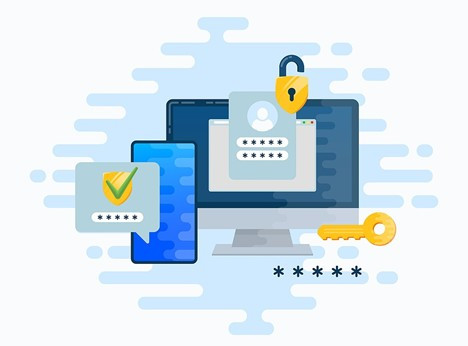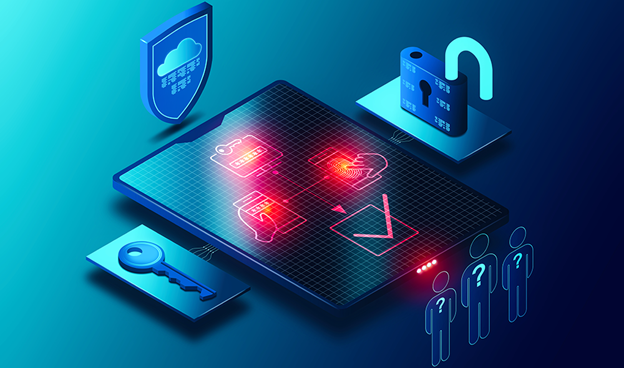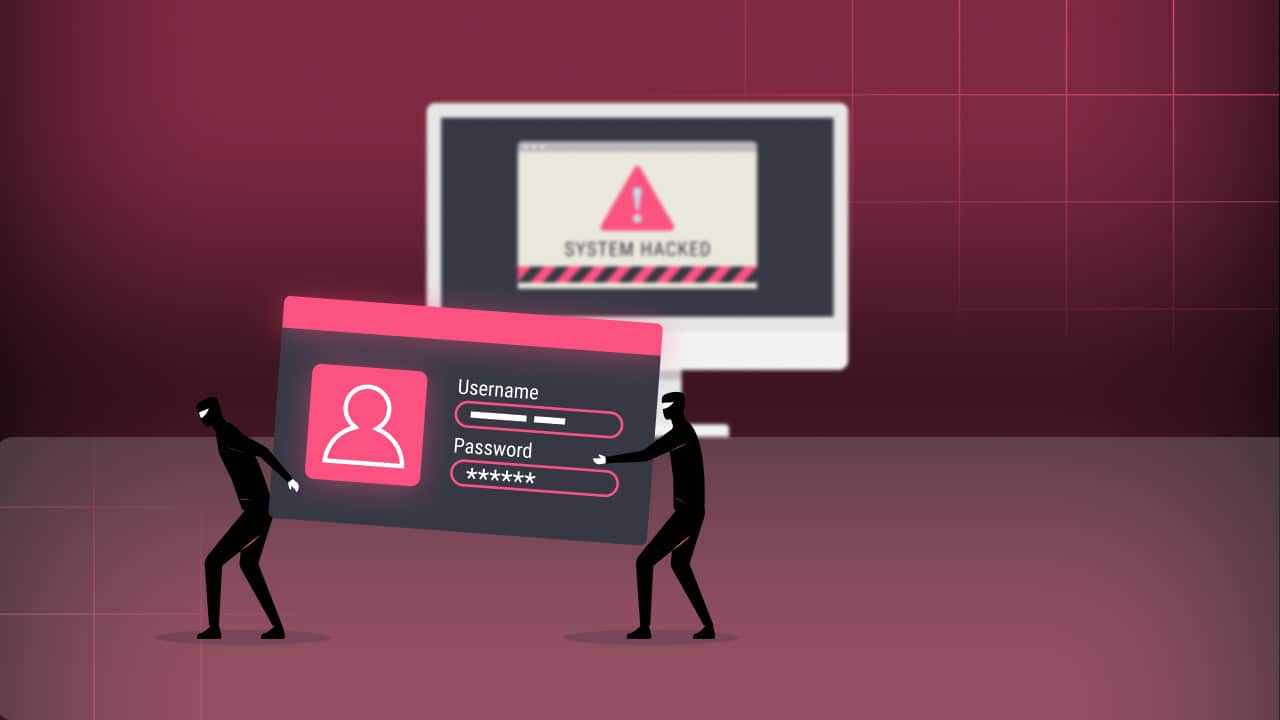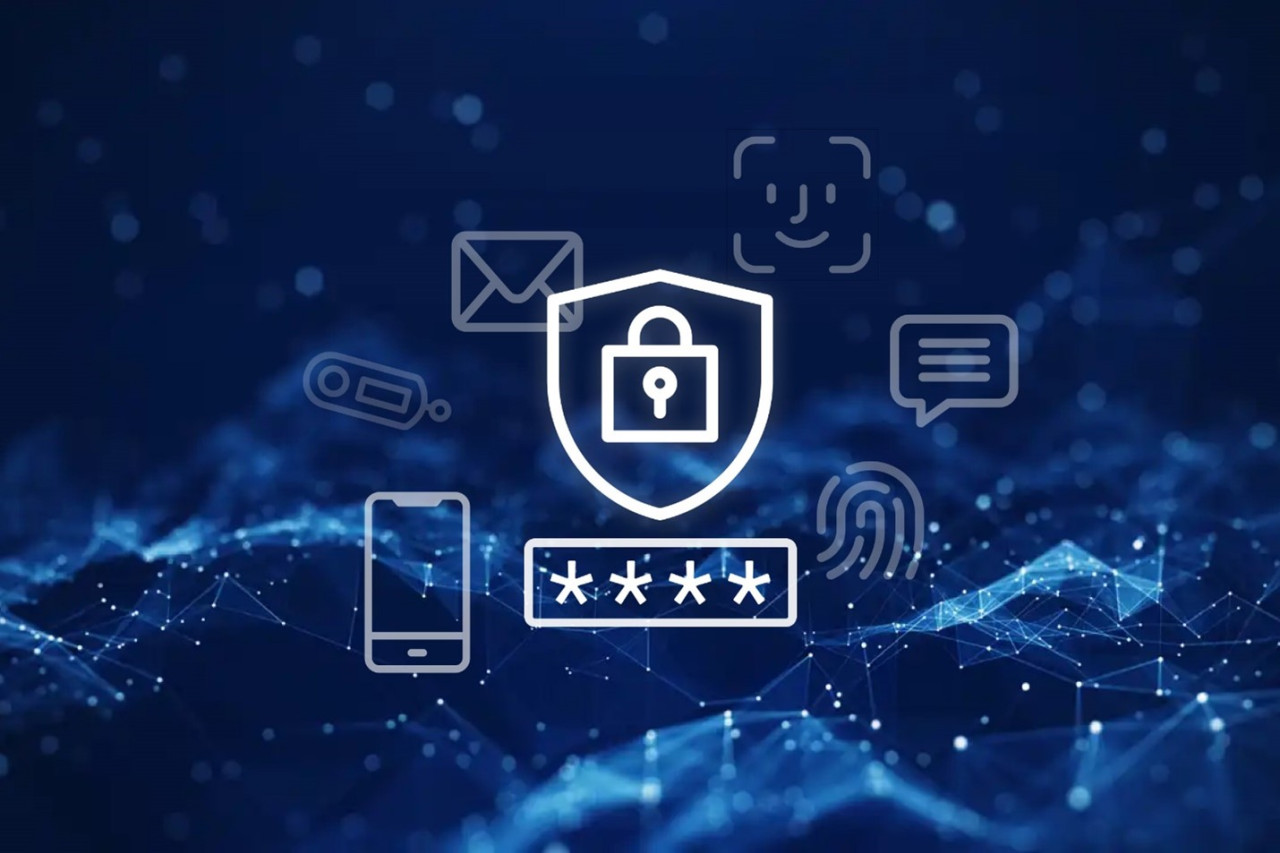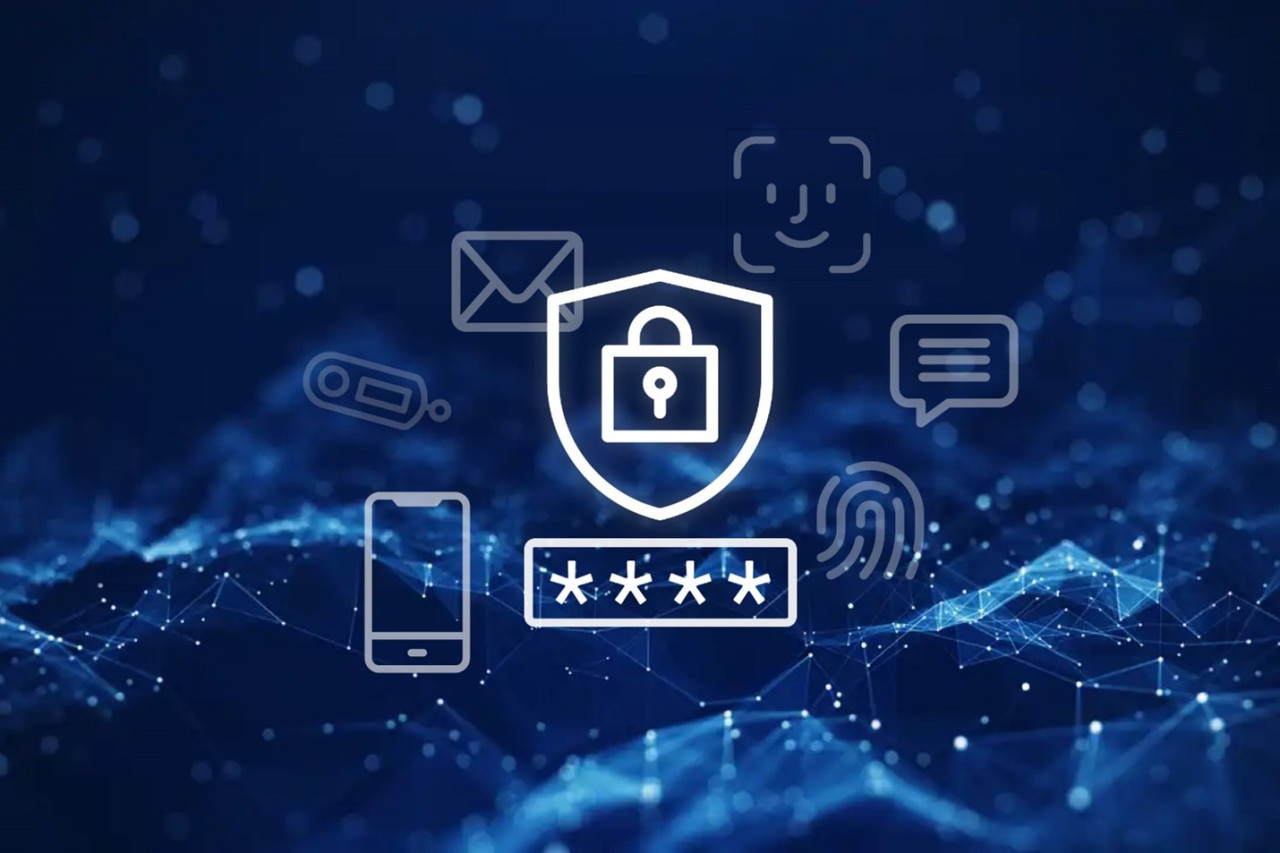InTegriLogic Blog
Every business wants to save time, reduce costs, and avoid unnecessary stress — but cybersecurity threats can make that challenging. One data breach or compromised login can throw your entire operation into chaos.
That’s why Multi-Factor Authentication (MFA) has become a must-have for modern businesses. It’s not just about security — it’s about saving your business from lost productivity, expensive recovery costs, and countless IT headaches.
Cybersecurity doesn’t stop at your desk.
Today’s workforce uses multiple devices — desktops, laptops, tablets, and smartphones — often switching between them throughout the day. While that flexibility keeps business moving, it also expands your attack surface.
That’s why Multi-Factor Authentication (MFA) shouldn’t just be turned on — it should be turned on everywhere.
Cybersecurity shouldn’t be complicated — but it does need to be consistent.
That’s where a Multi-Factor Authentication (MFA) policy comes in.
MFA adds an extra layer of protection by requiring users to verify their identity in more than one way — usually a password plus a one-time code or app prompt. But for MFA to be truly effective, it needs to be rolled out with a clear, well-planned policy that fits your business’s structure, workflow, and risk level.
Think your passwords are strong enough to keep your business safe? Think again.
Weak or reused passwords remain one of the biggest cybersecurity risks for small and medium-sized businesses. A single compromised password can open the door to data breaches, ransomware attacks, and costly downtime — and in many cases, the affected user never even realizes it’s happening.
When a museum as famous as the Louvre makes headlines for a security breach, it’s a reminder that even world-class organizations can overlook the basics. According to reports, the password for the museum’s video system was simply “Louvre.” (ABC7 News article)
Keeping your business safe online is more important than ever.
Cybercriminals are constantly finding new ways to steal passwords, gain access to accounts, and disrupt operations. That’s where Multi-Factor Authentication (MFA) comes in — a simple yet powerful security solution every business should implement.
Are you aware of the weak spots in your business’s IT infrastructure?
Cybercriminals are constantly looking for vulnerabilities—unpatched software, outdated systems, and misconfigured devices—that can provide an entry point into your network. Small and medium-sized businesses (SMBs) are frequent targets because attackers assume they may have less robust security measures.
Could your business data already be for sale on the dark web?
The dark web is a hidden part of the internet where stolen data—like usernames, passwords, and financial information—is bought and sold. Small and medium-sized businesses (SMBs) are increasingly targeted because cybercriminals assume they may have weaker security measures.
Is your business data truly protected?
In today’s digital landscape, sensitive information—from customer records to financial data—is constantly at risk. Encryption is a critical tool that helps protect your business from cyber threats, ensuring that even if data is intercepted, it cannot be read without the correct key.
Ransomware attacks are on the rise—could your business survive one?
Ransomware is a type of malware that locks your files or systems and demands payment to release them. For small and medium-sized businesses (SMBs), a single attack can cause downtime, lost data, and major financial impact. The good news? Reliable backups are your safety net.
Are your employees unknowingly opening the door to cybercriminals?
Email remains the number one attack vector for cybercriminals targeting small and medium-sized businesses (SMBs). Phishing emails are designed to trick employees into clicking malicious links, downloading infected attachments, or revealing sensitive information—putting your business at serious risk.
Your employees could be your strongest security asset—or your biggest vulnerability.
Many cyber attacks don’t start with sophisticated malware—they start with a simple human mistake. Phishing emails, unsafe downloads, and weak password habits are all entry points for cybercriminals. That’s why cybersecurity awareness training is essential for every business, especially small and medium-sized businesses (SMBs).
Is your business really safe, or are weak passwords leaving the door wide open?
In today’s digital-first world, passwords are the front line of defense for your company’s sensitive data. Yet, weak or reused passwords remain one of the biggest cybersecurity risks businesses face. Employees often choose simple passwords, write them down, or reuse them across multiple accounts—creating vulnerabilities that cybercriminals exploit every day.
News & Updates
Contact Us
Learn more about what InTegriLogic can do for your business.
InTegriLogic
1931 W Grant Road Suite 310
Tucson, Arizona 85745





